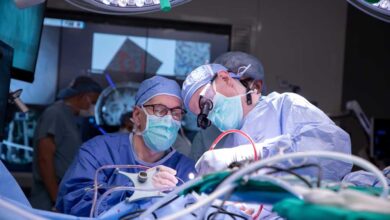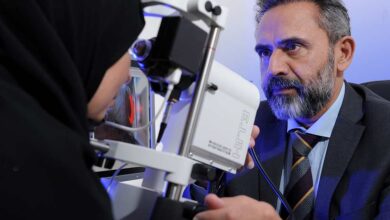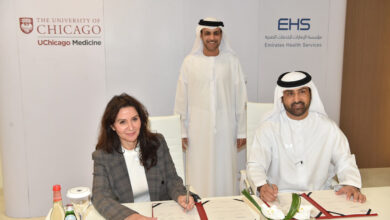Dr. Tariq Chukir, Assistant Professor of Medicine at Weill Cornell Medicine-Qatar (WCM-Q)
“Our main objective is to educate our audience about advances in medicine”
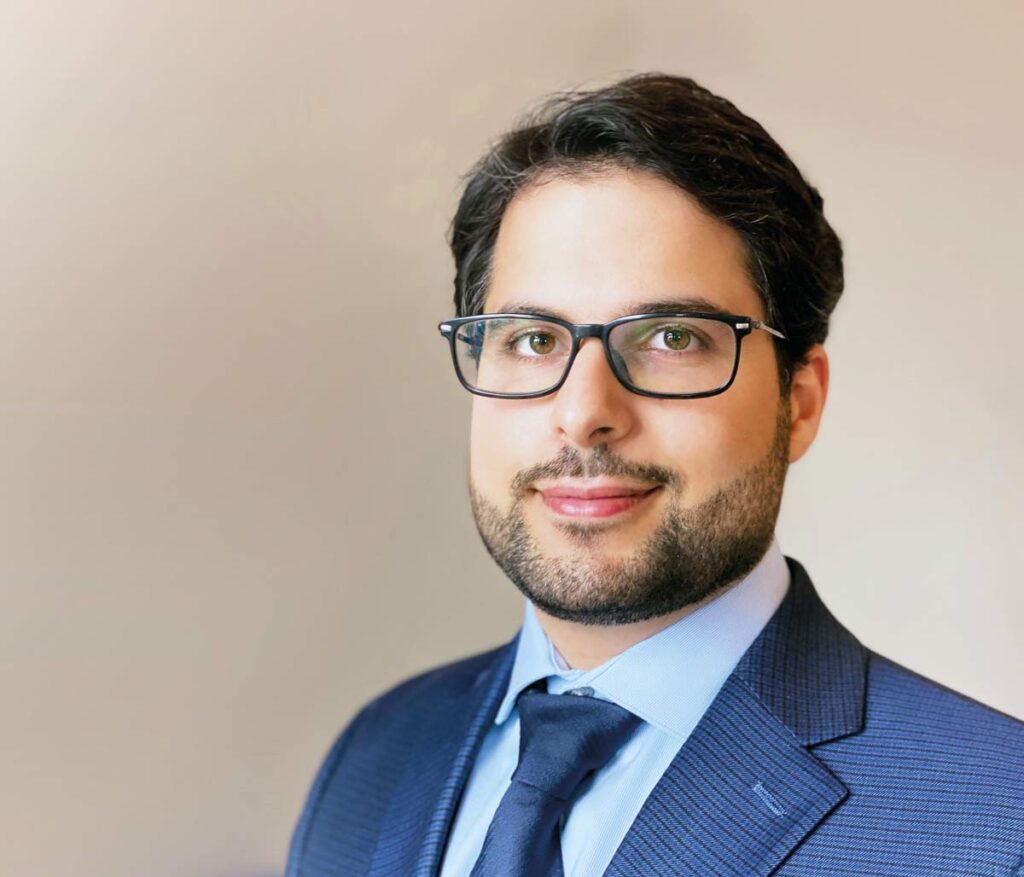
Dr. Tariq Chukir is an Assistant Professor of Medicine at Weill Cornell Medicine-Qatar (WCM-Q) and an endocrinology consultant at the Qatar Metabolic Institute. He has a clinical interest in obesity and preventive medicine. He is American Board-certified in Internal Medicine, Endocrinology, Obesity Medicine and Clinical Lipidology. Dr. Chukir is the co-director of the Internal Medicine and Anaesthesia & Critical Care Clerkship at WCM-Q. Dr. Chukir is currently the chair of the WCM-Q Grand Rounds committee.
How are the topics for Grand Rounds selected? How do you ensure a diverse range of topics?
Our program is designed based on the needs identified by our attendees, topics raised by our committee members and recent advances/changes in clinical practice.
Our committee consists of a diverse group of people representing different medical professions e.g. clinicians from different specialties, scientists, educators, dentists, nurses, and non-medical academics and executives. Our audience is similarly diverse. The influence of these different professionals naturally leads us towards a diversity of topics, but we also consciously strive to represent a wide range of subject areas.
Who is the target audience for Grand Rounds and what are the benefits for the participants who attend?
While our primary target audience has always been healthcare professionals in Qatar, our program has attracted interest globally.
Our main objective is to educate our audience about advances in medicine, which benefits their own professional development and, most importantly, enhances and optimizes patient care.
What impact does WCM-Q Grand Rounds have on the healthcare sector as a whole in Qatar?
Our grand rounds activities help to keep healthcare professionals up-to-date with the latest developments in healthcare, allowing them to provide state-of-the-art care to their patients. This helps to foster a very positive and progressive community of medical professionals in Qatar, united by a shared commitment to continuous improvement in standards of care and healthcare outcomes, which is likely to be highly beneficial to the healthcare sector in general.
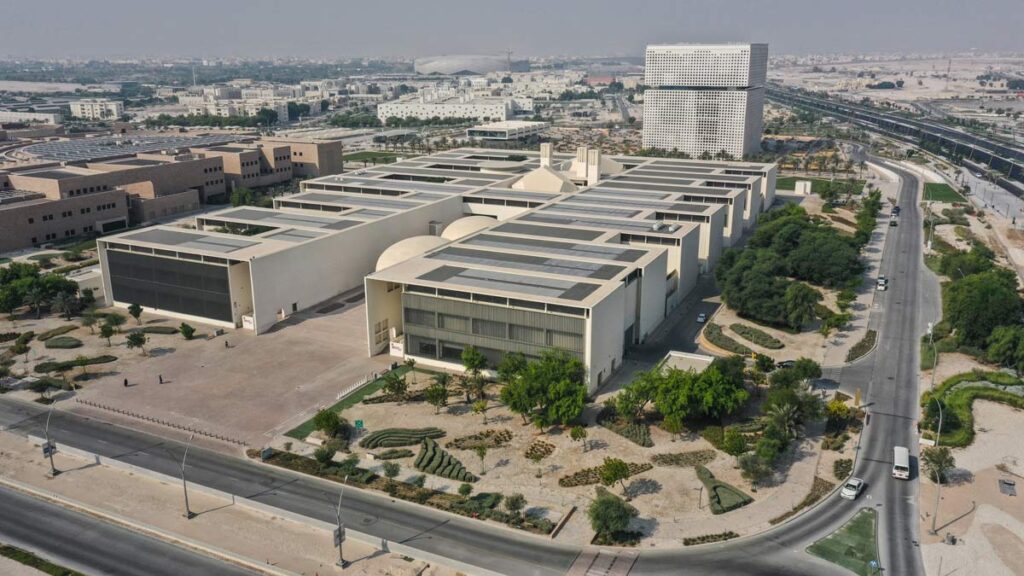
What are the selection criteria for speakers who appear at WCM-Q Grand Rounds?
One top priority is to find experts on the topics raised by our attendees and committee members. The committee identifies potential speakers and then reviews their resumes, research output, credentials and clinical experience. We review each candidate comprehensively to make sure we find a professional who is truly an expert in their field. WCM-Q has been successful in engaging world-leading professionals from across the world. The feedback we receive from our attendees about the quality of our speakers and their presentations is always extremely positive.
Does the reach of WCM-Q Grand Rounds extend beyond Qatar?
Yes. While our primary focus has always been on healthcare professionals in Qatar, the success of our program has attracted interest from overseas and we are very keen to welcome international participants. The move to virtual events prompted by the pandemic significantly broadened the geographical scope of our audience and we now see many attendees joining our events from Europe, East Asia, India and Pakistan, Australasia, the US and all over the MENA region. We are very happy to serve as a regional and global hub for the dissemination of the latest advances in healthcare to improve outcomes for patients, wherever they might be.
How do you see the WCM-Q’s Grand Rounds series evolving in the future?
We learned many new things from the pandemic, which reinforced the advantages of a hybrid learning system. Virtual learning has advantages and disadvantages, and one of the advantages is that it improves access to education and healthcare. Therefore, we definitely see virtual and hybrid learning and teaching methodologies as a key part of our future evolution.













